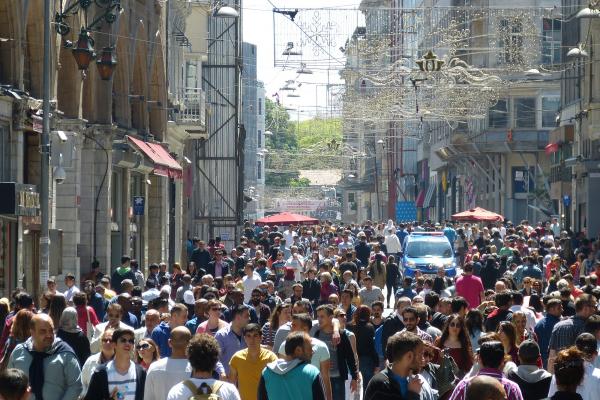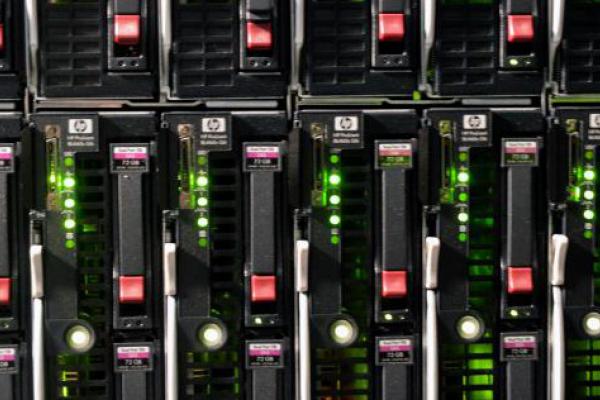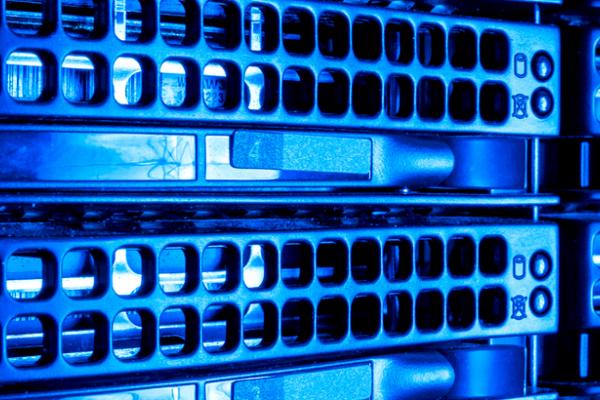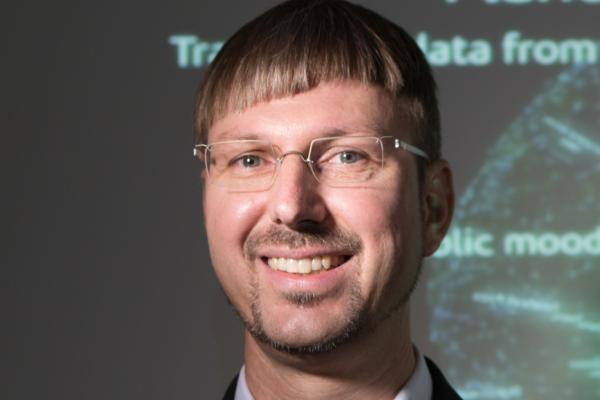The number crunchers
During February, Horizon looks at the vast digital libraries which are changing the world around us.
Big data is having an impact across every aspect of our lives, from healthcare, as scientists close in on patterns in our DNA that can predict disease, to social media, where Facebook ‘likes’ and Twitter posts are helping detect false rumours online.
We also hear from Professor Dirk Helbing, who imagines an open data Wikipedia for Europe where data about our world will be collected in a central repository which will be open to all.






